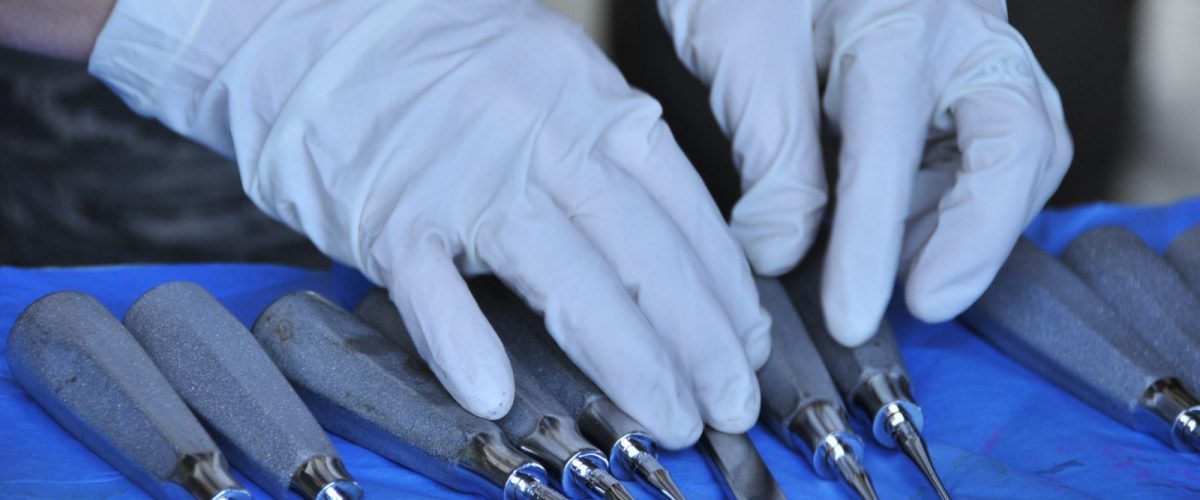Africa CDC staff are obliged to abide by the organization’s code of conduct and adhere to the highest standards of work ethics. They are expected to demonstrate ethical behaviour all the time and remain accountable for their thoughts, words and actions. They are also expected to be reliable, prompt in action and follow through on all promises and commitments. Africa CDC staff have the duty to share knowledge and embrace teamwork as a way of strengthening public health in Africa. They are required to respect each other and everyone they interact with including representatives of Member States and authorities within the African Union and Africa CDC. They must pay attention to due process, respect the human rights of others and not discriminate in any way.
Professionalism
Africa CDC employees and partners must adhere to the highest professional standards in their day-to-day activities and strive to achieve excellent results in their assignments. They are required to be meticulous in their work, use resources efficiently and focus on quality deliverables that exceed expectations. They must avoid actions which may lead to conflict of interest and pay allegiance to Africa CDC and the African Union and not their country of origin. They are expected to be fair and objective in making decisions and avoid corruption in all forms. All staff and partners should be open and transparent and uphold the expectation of confidentiality where required.
Equity
Africa CDC is owned by and serves the African continent on matters related to the health of the people. It embraces and promotes attainment of the highest level of health for all Africans. As stated in its core guiding principles, Africa CDC will treat all stakeholders with fairness and without discrimination or partiality. All resources, including technical, material, financial, etc. required to maintain a healthy continent must be judiciously used based on evidence and without any discrimination. All forms of public health support and response by Africa CDC must be based on reliable data, evidence and science; no special consideration, advantage or attention will be given to any party based on their place of origin, religion, gender, ethnicity, ideology, economy, individual opinions, or other similar prejudice. Africa CDC staff shall demonstrate the principle of justice, fairness and rationality and shall not participate in decision-making on matters that they have vested interest and/or conflict of interest in.
Evidence-based decision-making
A core value of Africa CDC is well-informed decision-making about policies, practices, programmes and projects by putting the best available evidence from research at the heart of policy development and implementation. Africa CDC staff will avoid opinion-based decision- or policy-making which relies on either selective use of evidence (for example, on findings from a single study irrespective of quality) or on untested views of individuals or groups, often inspired by ideological standpoints, prejudices or speculative conjecture. Africa CDC will cultivate a decision-making culture that is based on empirical data collected in a transparent and scientific way. In making evidence-based decisions, Africa CDC staff will consistently apply a combination of the following factors:
- Impact evidence (reviewing effectiveness);
- Implementation evidence (determining effectiveness of implementation and delivery);
- Descriptive analytical evidence (measuring nature, size, and dynamics of problems, populations, and so on);
- Public attitudes and understanding (via methods such as opinion polls or focus groups);
- Statistical modeling (linear and logarithmic regression methods to make sound predictions);
- Economic evidence (cost-benefit/cost effectiveness of policies);
- Ethical evidence (social justice, individual preferences, redistribution).
Integrity
Integrity at Africa CDC is defined by our quest for honesty, truthfulness, credibility, and sincerity. We strive to always be honest and transparent with each other and with those we serve. We will always refuse to be engaged in any act that breeches our individual and institutional integrity. To ensure the highest level of integrity within the institution, we will always:
- Avoid unethical and disrespectful behaviours, and fraudulent practices always;
- Manage resources entrusted to the institution transparently and in a way that they will deliver value for money, including the use of time;
- Not accept kickbacks, bribes, payoffs and any other similar gratifications that can influence rightful decisions;
- Apply rules and procedures equally and consistently;
- Always tell the truth in and outside the workplace, never forging data or fabricating information, and not engaging in vicious gossips;
- Promise what we can accomplish and follow through our promises until completion;
Excellence
In today’s hyper-fast world, excellence is required to build flexible yet strong and impactful organisations that can quickly adapt to rapid changes without losing their value and sense of mission. Africa CDC is committed to delivering excellent services by persistently creating better ways of doing things and finding the best solutions to health challenges across the continent. We value excellence as a promoter of efficiency and effectiveness in service provision. We are dedicated to harnessing the untapped public health assets of Africa in meeting the public health needs on the continent. Through continuous innovations and quality improvements we strive to improve policy and practice to provide unmatched public health services in Africa. We are continuously building sustainable partnerships to develop new skills among public health practitioners and actualize our vision of a stronger public health work force for Africa.

